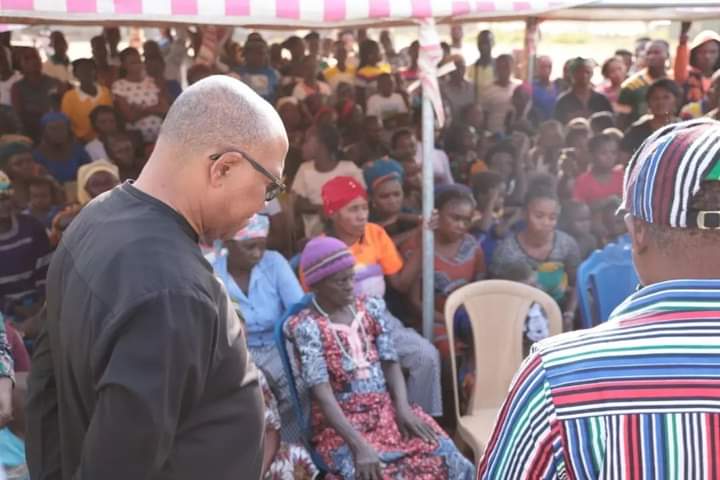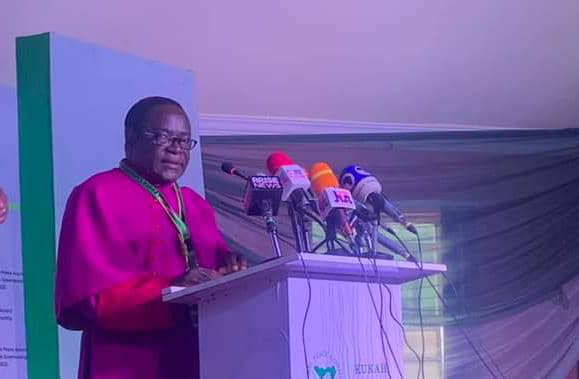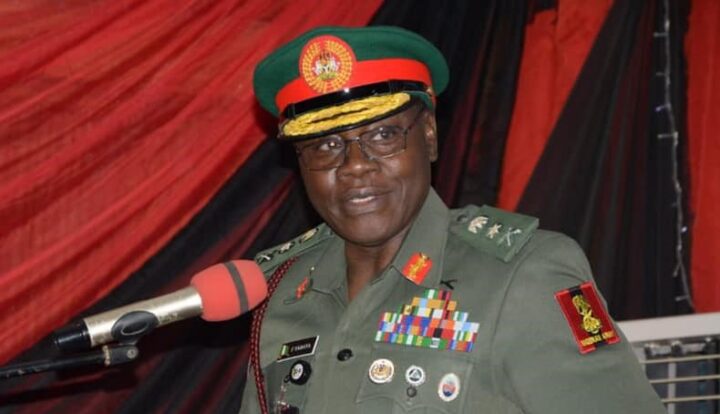Jummai Gundiri, candidate of the African Democratic Congress (ADC) for the Adamawa house of assembly, started her political career at the age of 21, and in 2019, she contested the position of women leader of the All Progressives Congress (APC). In this interview with TheCable’s MARYAM ABDULLAHI, she recounts how her poor background influenced her decision to become a politician, her desire to lift her people out of poverty and underdevelopment — and the journey thus far.
TheCable: Who is Jummai Gundiri?
Gundiri: I am a businesswoman and a politician from Hong LGA of Adamawa state. I had my university education at Gombe State University where I studied public administration and political science. I have been in business for about seven years now, I started from grinding machines to tailoring and to date, I have never collected salary from anyone. I believe working for someone can tie one down, so, I like to have my freedom and explore.
I usually help widows, orphans and other vulnerable people through some non-profit organisations but I started politics when I was 21 years old through support from some of my mentors. I was learning and learning but my first contest was three years ago. I contested for the woman leader in the APC but I lost in that race, and then I moved on. That first contest was for people to know me. I was not really out because seeking the position of woman leader is somehow hard and you might not even have the opportunity to do for your people. So, I just said okay, let me come down to my people first, let me adjust what is happening in my constituency first before I will move to another stage.
Advertisement
TheCable: What was your motivation to contest for a seat in the Adamawa house of assembly?
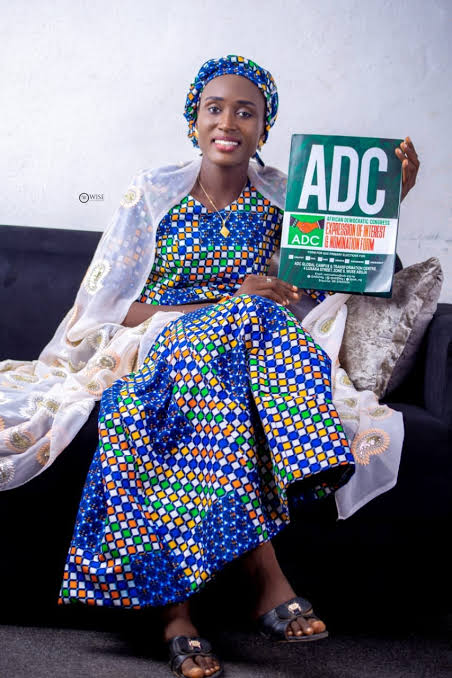
Gundiri: One of the biggest challenges that made me come out and seek to represent the Uba/Gaya constituency in the Adamawa house of assembly is because of the massive number of poor people like me. I am a poor woman and my story is somehow very bad because I was once almost beaten because of house rent. So I know what it means to be poor. It is very frustrating and challenging. That is why, when I was privileged to go to school, to have my BSC and have little money… when life became a little better, I said, okay, I need to step up for my people because so many people are passing through those challenges of lack of money and the rest.
Advertisement
I am here to bring a new life for my people especially in Uba/Gaya because nothing is happening there. We elect people to just win and you won’t see them till after four years. They are just after their pockets, not the masses. So, I am here to cut those 419 people away because Uba/Gaya is one of the worst places in politics in the whole of Nigeria. It is one of the worst because I have seen Lagos state and how politicians are doing, I have also seen Gombe state but in Adamawa, I think Uba/Gaya is the worst.
You will see that one person has been in the position for eight years and he still wants to contest again — that is wickedness. And in his village, there are no roads. So, I have to send all of them packing because they are all thieves, they are not there for the people, only for their pockets.

TheCable: Women’s participation in politics is constrained by societal and cultural norms — do you experience such challenges? What would you say are the reasons women are lagging in Nigerian politics?
Advertisement
Gundiri: People regard the female gender as weak which is not true. Sometimes, some political activities are done at night and this affects you if you are married. I think this is one of our challenges but I don’t think it is a challenge for me.
On the financial aspect, you know women are truthful and trustworthy but money is a very big challenge for us because you will hardly see a female politician that is a thief, she cannot just take away all the money that is supposed to be for the masses for herself alone. So, you can hardly see women politicians that steal despite having money challenges for campaigns and purchasing of forms.
The third challenge, I think is mobility. In my constituency, for example, Uba/Gaya is more like a village. To navigate some places, you have to take bikes, in some places, you have to walk, in some places, you drive, so if you don’t have all these means of transportation, it’s challenging.
The constraint could be from the women’s home, it could be from their husbands. Recently, one of our female secretaries in the female candidates’ group left, and when I asked her what happened, she said my husband asked me to quit. Some of these husbands are selfish. Let’s say your husband is supporting a particular candidate in a particular party who is not doing well, if he sees you going against his party, he will ask you to stop.
Advertisement
Even my husband told me one day that people keep telling him that he should be careful; that people will snatch his beautiful wife but my husband keeps telling them to leave me alone. In fact, he is my biggest supporter. So, these husbands are the cause of about 90 percent of withdrawal of women from politics and if she is not married, then maybe financial constraints because a lot of groups come to say they want to assist a female candidate but in the end, you will not even see one naira.
TheCable: What is your recommendation on how the problems can be addressed?
Advertisement
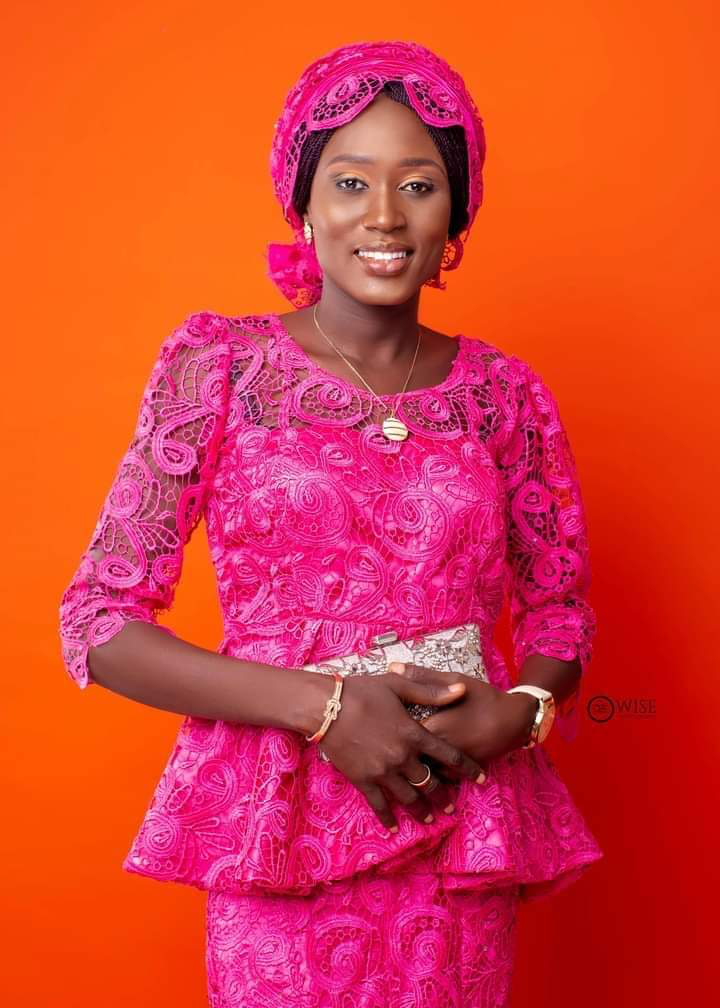
Gundiri: Civil society organisations and non-governmental organisations that come out to say they want to help the female candidate should do so truthfully.
Advertisement
Financial constraints are keeping women away, and though forms are cheap in most of the parties, funding is our challenge. Some of the women have the zeal but are financially handicapped.
TheCable: Have you had any major challenges in your journey far?
Advertisement
Gundiri: One of my memorable times is when I fell from the bike sometime back. The roads are not good. I have fallen off the bike twice. It is so challenging but I am still focused and I am not stopping until I reach the end. I fell down the first time two years ago and the second time just recently.
I was just going around to know what is happening, the situation of things in my constituency and to know which areas to come in for my people. I had to go myself because if you send people, they won’t go, so I went to the deserts and bushes myself. There are so many obstacles; sometimes, there is sand and water on the way.
TheCable: What is your advice to aspiring female politicians?
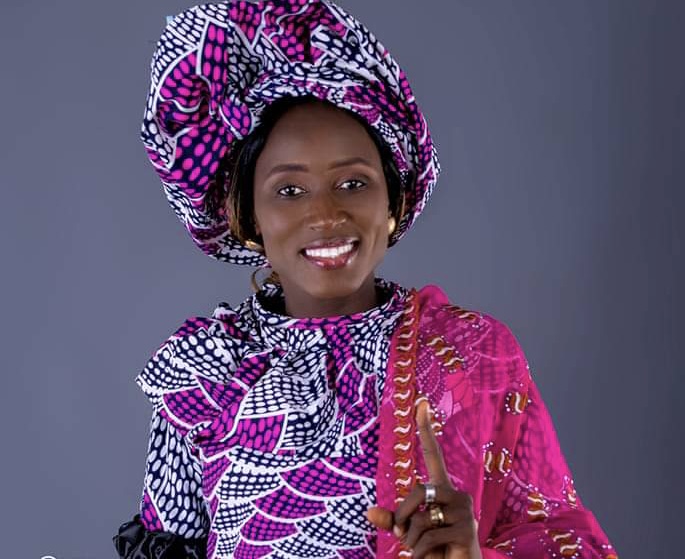
Gundiri: They have to be consistent, they should not give up, and they should not be scared of those they are contesting with. Women should be courageous. That is my advice for the upcoming female politicians.
Add a comment
